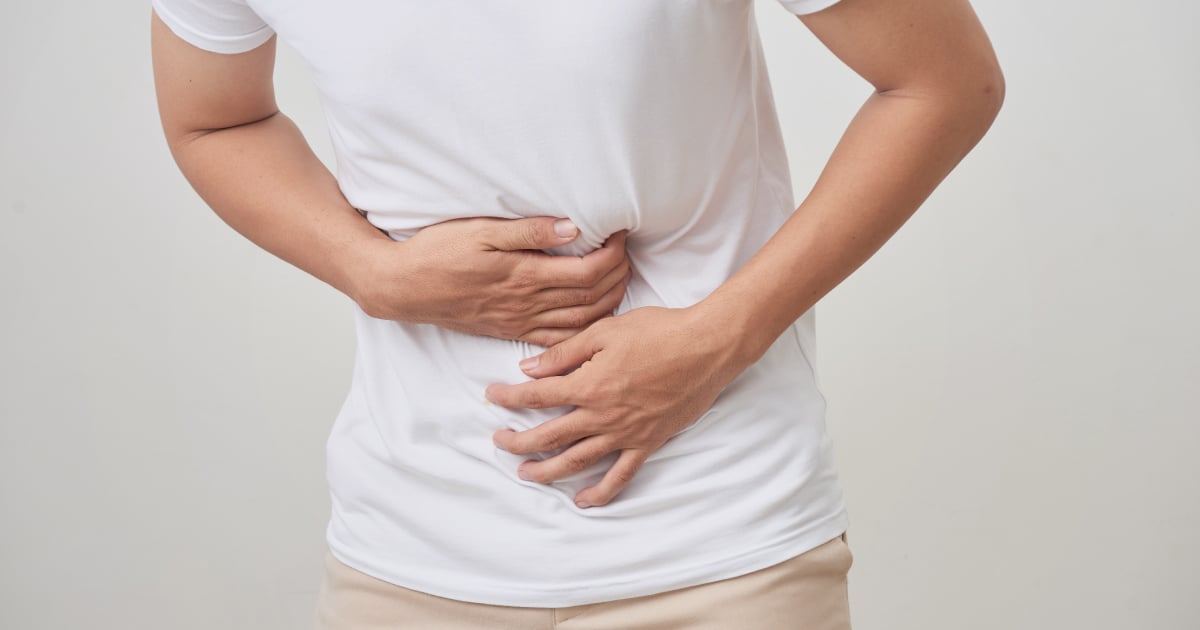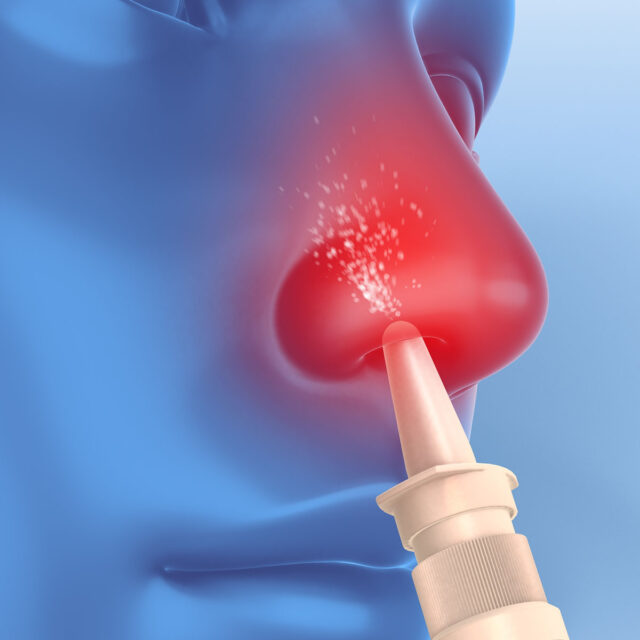Abdominal pain is a common condition among people from all walks of life. Locations of the pain can indicate different problems which should be handled promptly and not neglected.
What is Abdominal Pain?
The pain is a warning sign that there is an unusual condition with an organ inside your abdomen. The location or proximity of the pain suggests the organ that is ailing.
Types of Abdominal Pain
Abdominal pain can be categorized into 2 types, depending on the location and symptoms of the pain:
- Acute Abdominal Pain refers to unprecedented severe pain due to conditions such as appendicitis, ureteral stones, gallbladder stones, ectopic pregnancy, acute pancreatitis, gastrointestinal perforation, abdominal aortic aneurysm, dilatation, or rupture, etc.
- Chronic Abdominal Pain refers to the pain that is persistent for more than three months. It may be an intermittent or a constant pain. This type of symptoms is common in patients who have irritable bowel syndrome, abdominal cancer such as colorectal cancer, liver cancer, ureteral stones, stomach infection, etc.

Location of abdominal pain indicates the ailment
- Upper abdominal pain, especially around upper and middle epigastric indicates gastritis. The intermittent pain is often accompanied by bloating, flatulence, frequent belching, distension, stomach tightness, indigestion, stomach pain before and after meals, nausea, and vomiting. People who have epigastric pain must not drink alcohol at all. In addition, they should be beware of other diseases which may exhibit the same pain but radiates to the shoulder, left arm and jaw; while also causing dizziness, nausea, vomiting, and sweating. These are possible symptoms of myocardial infarction or heart attack and coronary artery disease, etc. However, the patient’s other risk factors will also have to be taken into consideration. These include age (more than 40 – 50 years old), a family history of coronary artery disease, being overweight or smoker, has comorbidities (such as diabetes, hypertension, or high cholesterol). With such circumstances, the patient should seek consultation with a doctor promptly.
Moreover, the pain around the rib cage suggests gallbladder stone, especially as the patient experiences severe pain from 15 minutes to several hours. Sometimes the pain radiates to the right shoulder or shoulder blade and is accompanied by bloating, flatulence, colic, and distension; with the pain increasing after eating greasy food. If there is an inflammation of gallbladder, the patient will have fever, pain under the rib cage, jaundice, and darken urine. In such a case, the patients must also be aware that the resulted abdominal aortic aneurysm may possibly rupture due to several risk factors – such as aging, comorbidities, poor blood pressure control, etc.
- Lower abdominal pain which is commonly found to be appendicitis. The pain is epigastric or around belly bottom and radiates to the lower right abdomen. It is normally accompanied by fever, nausea, and vomiting. The symptoms continue to persist even after taking medication. It will be dangerous or even life-threatening, if the appendix bursts. Moreover, if the lower abdominal pain is chronic – with bloating, flatulence, abnormal shape of stools (e.g., thin, pebble-like) – or you experience constipation and diarrhea alternately, bloody stool, weight loss and anemic condition, it may be sign of colon cancer and you need to consult a doctor immediately. Further, women should beware of other conditions that can lead to lower abdominal pain. These include ectopic pregnancy or inflammation of the fallopian tubes. These are usually accompanied by missed or irregular menstruation, light and heavy periods, severe lower abdominal pain, fainting spells, intra-abdominal hemorrhage, and hypotension, etc.
When should you see a doctor?
- Acute abdominal pain for more than 6 hours
- Persisted abdominal pain for more than 3 months
- Severe pain that continues even after a change of posture
- Sleeplessness due to severity of the pain
- Abdominal pain radiating through to the back
Furthermore, if the abdominal pain is accompanied by other symptoms – such as a fever, severe vomiting more than 3-4 times, vaginal bleeding, a lump in the abdomen, fainting spells, chronic constipation, alternating constipation and diarrhea, a change of stool shapes (to thin or pebbles-like), darken or bloody stool, weight loss, inability to completely swallow, difficulty swallowing – you need to consult a doctor immediately.
Doctor Specialized in Abdominal Pains
Dr. Anne Tantipintavat, Internist, Internal Medicine Clinic, Bangkok Hospital
Hospital Specialized in Abdominal Ailments
Internal Medicine Clinic at Bangkok Hospital offers treatment to patients who have abdominal complaints by our experienced specialists together with the multidisciplinary team of doctors, so that you may resume your happy daily routine soon.











